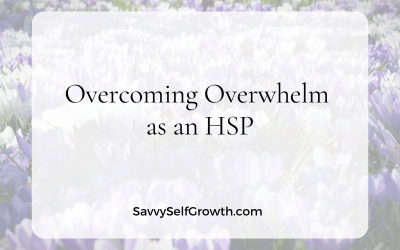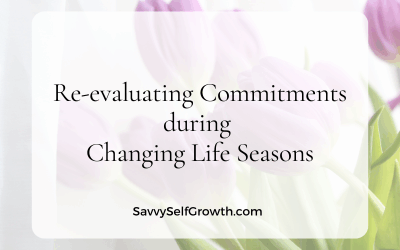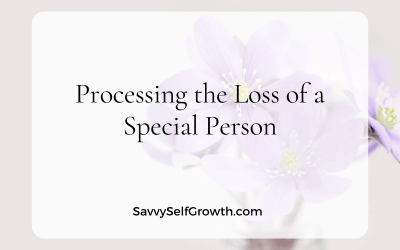 Guest Post: by Christopher Nevill
Guest Post: by Christopher Nevill
Montaigne says “in true friendship I give more of myself to my friend than I seek to attract of him to me. I am better pleased in doing him service and had rather that he should do himself good than me – I will be ruled by his convenience as to whether I should be present or absent.”
The dictionary confirms this approach when it defines Friendship as “one joined to another in mutual benevolence and intimacy. NOT (my caps!) ordinarily used of lovers or relatives.” And goes on to speak of “benevolence – disposition to do good, kindness, generosity etc.”
Love
By sharp contrast Love is i.a. defined as “ a state of feeling with regard to a person which arises from the recognition of attractive qualities.” Only at definition No.6 does it get down to what much modern writing regards as the nitty gritty of “love” and speak of the sexual instinct and its gratification. This ties neatly in with Freud’s thinking on the subject. Freud’s theory places the origin of love with the sexual instincts – the libido fixes upon various objects. For Freud love naturally consists of sexual love with sexual union as its aim – all other love paternal fraternal etc. is simply this love with the ultimate aim suppressed or diverted.
Love seen as the primal passion that drives us in all we do. Love is seen paradoxically as the cause of the greatest happiness – and that also seems to have little to do with our actual purpose on this planet – as well as the cause of the greatest misery and despair – the latter only happens when we are bereft, disappointed, unrequited.
The way we regard love is as a thing of extremes. We see it on the one hand as the only reality and on the other as the great illusion. It is both the giver of life and also the great destroyer. There is no balance as is required of us as we aspire to any kind of spiritual development. For so-called “love” people will desert their duty, transgress the laws of their God, betray their country, families and friends etc. It is difficult to see all this as “A many splendoured thing”! Frankly it smacks of little more than the glorification of the Ego.
It’s about us….
These attractive qualities which the dictionary says are required for there to be a state of love and which we recognise – literally “see again” in another can only be those self-same qualities which we ourselves are putting out. So when we say we are in love with someone we are saying that we recognise something nice about ourselves. It would seem to have very little indeed to do with the other person or our relationship with them. It is very much more to do with our relationship with ourselves!
Theologians have longed struggled with this conundrum and have come to regard the conflict between love and morality as insoluble. It is likely that this will continue to be the case until we love ourselves as much as we say we love others. The problem will continue to be problem for as long as we insist that the loved object compensate for what we perceive as deficiencies in ourselves because we simply do not see ourselves as able to cover these. For the moment we insist on placing place love and desire into the appetitive faculty of the sphere of emotions.
Desire
The object of desire is a thing or a good, in the sense that it should hopefully satisfy us, to be possessed. The drive of desire will and does continue until, with possession in all its many forms, it is satisfied or consummated. Love equated with desire does not differ from any other hunger and hunger has little thought for the well being for the person that is to be eaten. The only person being considered is the person doing the eating and – hopefully – satisfying an appetite. The fact is that by their very nature that satisfaction of appetites is at best a temporary affair. On of the great tricks – perhaps the greatest – that has been played upon us is to delude us into thinking that when we find the perfect love all will be solved and every appetite gratified.
Friends or In Love?
Now here is a thought. Are you friends with your God (whatever that concept may mean for you)? Or are you in love with God and therefore looking to Him to make your life whole and complete? It is the original covenant with the Creator that we attend diligently to our own spiritual development through acts of our own free will and the acquisition of knowledge through experience.
Go back to the definition of friendship set out at the beginning and ask yourself where you stand.
Where do you stand with the greatest of all relationship questions: “How can I serve you?”
A bit about Christopher
 Christopher Nevill is the Founder of Foundation. His work is internationally respected and honoured. He consults to organisations both large and small here in South Africa as well as Europe. He has a reputation for approaching matters that concern us all both personal and business, from a different angle. His methods are effective and produce swift, often startling results. To see more about Christopher’s philosophy and work, visit www.christophernevill.net
Christopher Nevill is the Founder of Foundation. His work is internationally respected and honoured. He consults to organisations both large and small here in South Africa as well as Europe. He has a reputation for approaching matters that concern us all both personal and business, from a different angle. His methods are effective and produce swift, often startling results. To see more about Christopher’s philosophy and work, visit www.christophernevill.net
Christopher’s book “How to Manage Anger” is available on Amazon.
photo credit: Creativity+ Timothy K Hamilton via photopin cc



